Get your personalized generator report
Do you currently have a standby generator for your home?
Answer is required


Did You Know?
Ten seconds. That’s the maximum amount of time it takes for a propane standby generator to automatically begin powering your home when the electrical grid goes down.
How is your current standby generator powered?
Answer is required

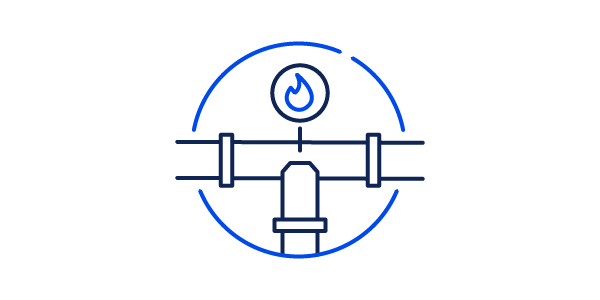


Did You Know?
Propane doesn’t degrade over time like diesel and gasoline do, so it’s ready when you need it.
Do you have children or pets?
Answer is required


Did You Know?
Propane is non-toxic and non-poisonous, so you don’t have to worry about having a propane standby generator permanently installed in your yard where children or pets may be playing.
Select the appliances you have in your home.
Answer is required
Of those appliances, which are electric-powered?
Answer is required
Did You Know?
The average homeowner will experience 3.5 power interruptions in a two-year period. Even a short outage of fewer than four hours could cost you an average of $1,250 in spoiled food and damaged electronics.
What region do you live in?
Answer is required
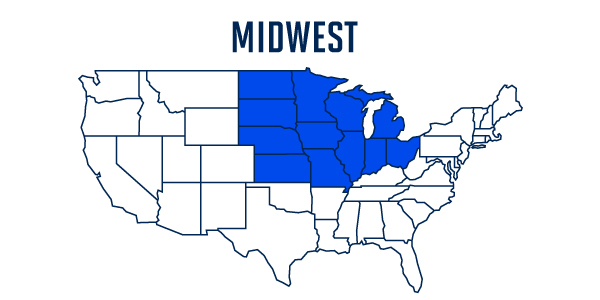
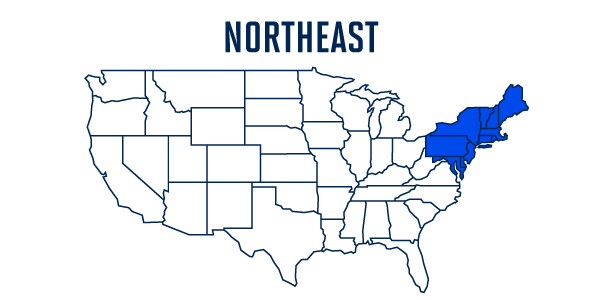
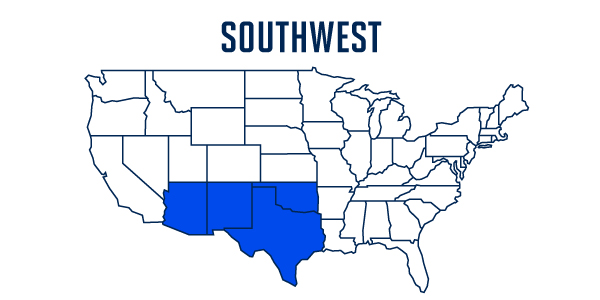
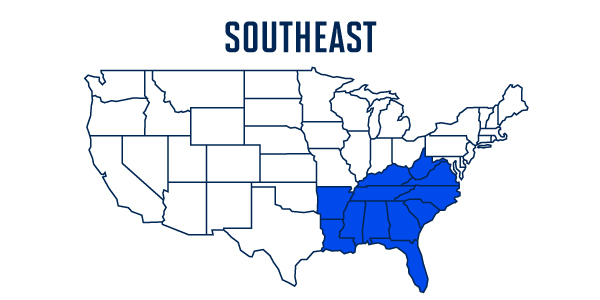
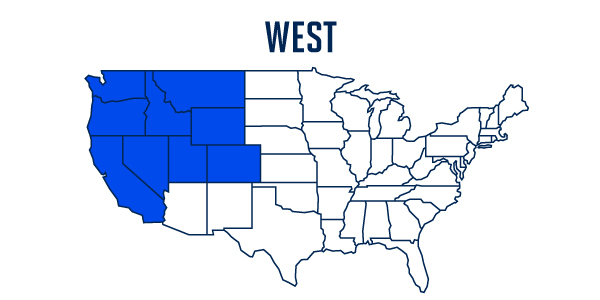
Did You Know?
Every area of the country is subject to power outages that could last a couple of hours up to a few days. A propane standby generator gives you peace of mind that you’re prepared for anything.
What is the square footage of your home?
Answer is required
Did You Know?
Standby generators can be wired to power specific circuits in your home, or to cover the complete energy needs of your home due to loss of power. The size of generator you need depends on your square footage and how many appliances it would need to power.
You Have the Best of the Best
Good thinking on choosing propane for your standby power needs. You’re already using the best fuel for peace of mind, as propane doesn’t degrade over time (like diesel and gasoline), and it’s non-toxic and non-poisonous. Because you’re using propane already, you may have the opportunity to decrease the size of generator you’re using, saving money. Make sure to stay in touch with your propane supplier for regular maintenance of your generator.
Natural Gas vs Propane for Standby Power
Since your generator runs on natural gas, you’re getting a lot of the same benefits you’d get with a propane standby generator: reliable, environmentally friendly performance. If you have a second home, or if you ever move off of the natural gas line, consider having a propane standby generator installed to continue your peace of mind wherever you are.
Diesel vs Propane for Standby Power
Many homeowners prefer propane over diesel for standby power because of its quiet operation and reliability for the long term. Generators have a reputation for being loud. But most propane standby generators produce as little as 60 decibels, about the volume of a normal conversation. Diesel and gasoline degrade over time, which could leave you without reliable power when you need it the most. When you’re ready to upgrade your generator, talk to a propane supplier in your area about propane models.
You Don’t Know How Your Generator is Powered
Unless you have access to natural gas or have a propane tank in your yard, your generator is probably powered by diesel. Many homeowners prefer propane over diesel for standby power because of its quiet operation and reliability for the long term. Generators have a reputation for being loud. But most propane standby generators produce as little as 60 decibels, about the volume of a normal conversation. Diesel and gasoline degrade over time, which could leave you without reliable power when you need it the most. When you’re ready to upgrade your generator, talk to a propane supplier in your area about propane models.
You Deserve More Peace of Mind
You’re not the only homeowner who doesn’t feel prepared for a power outage. In a survey conducted by the Propane Education & Research Council, only 40 percent of homeowners said they feel even somewhat prepared for one. When you consider that the average homeowner will experience 3.5 power interruptions in a two-year period, costing an average of up to $4,500, a propane standby generator is an even smarter investment.
Propane is a Safe Choice for Your Home
If you have little ones (or little four-legged friends) running around your yard, a propane generator is a safe choice. Propane is non-toxic, non-poisonous, and won’t contaminate soil or water in your yard. So you don’t have to worry about the fuel getting near children or pets, either. Diesel generators require the fuel to be poured inside, which can result in fuel ending up on your grass.
Propane is a Safe Choice for Your Home
Do it for the lawn! With diesel generators, the fuel must be poured inside, which can result in fuel ending up on your grass. Propane is non-toxic, non-poisonous, and won’t contaminate soil or water.
Considerations for Your Midwestern Home
In your part of the country, you know the realities of outages due to thunderstorms, tornadoes, or even heavy snow and ice. Are you prepared for a major outage? Bad weather is unavoidable, so be prepared. A propane standby generator gives you independence from the electrical grid, keeping essentials like air conditioning, refrigerators, and medical equipment — or your entire home — powered even during an outage.
Considerations for Your Northeastern Home
During Hurricane Sandy, many in New York had to go without power for two weeks. Are you prepared for a major outage in case of a hurricane, thunderstorm, or heavy snowfall? Bad weather is unavoidable, so be prepared. A propane standby generator gives you independence from the electrical grid, keeping essentials like air conditioning, refrigerators, and medical equipment — or your entire home — powered even during an outage.
Considerations for Your Southwestern Home
During the summer, a power outage in your part of the country can be dangerous, even life-threatening. Bad weather is unavoidable, so be prepared. A propane standby generator gives you independence from the electrical grid, keeping essentials like air conditioning, refrigerators, and medical equipment — or your entire home — powered even during an outage.
Considerations for Your Southeastern Home
In your part of the country, you may have already experienced a power outage due to hurricane weather or thunderstorms. Bad weather is unavoidable, so be prepared. A propane standby generator gives you independence from the electrical grid, keeping essentials like air conditioning, cell phones, and medical equipment — or your entire home — powered even during an outage.
Considerations for Your Western Home
More and more homeowners in your part of the country are choosing to have propane standby generators installed for reliability during fire season and after earthquakes. For example, when the power grid is temporarily shut down for fire safety, a propane generator can keep the essentials — or your entire home — powered virtually without interruption.
Some Recommendations for Your Size of Home
We recommend having an authorized generator dealer, or propane supplier, analyze your power needs before making a purchase decision on a generator. But based on your home’s square footage and your power needs, you can expect to need a generator between 10kW-16kW. A 10kW generator can back up essentials like your furnace and fridge, while a 16kW unit may be able to power your home during an outage.
Some Recommendations for Your Size of Home
We recommend having an authorized generator dealer, or propane provider, analyze your power needs before making a purchase decision on a generator. But based on your home’s square footage and your power needs, you can expect to need a generator between 10kW-16kW. A 10kW generator can back up essentials like your furnace and fridge, while a 16kW unit may be able to power your home during an outage.
Some Recommendations for Your Size of Home
We recommend having an authorized generator dealer, or propane provider, analyze your power needs before making a purchase decision on a generator. But based on your home’s square footage and your power needs, you can expect to need a generator between 13kW-20kW. A 13kW generator can back up essentials like your air conditioner and water heater. A 20kW can provide reliable whole-home standby power during an outage.